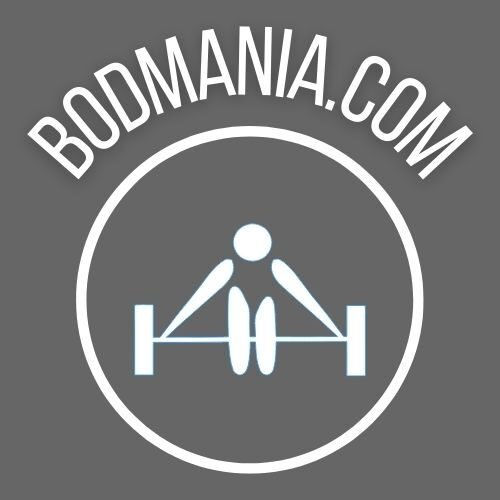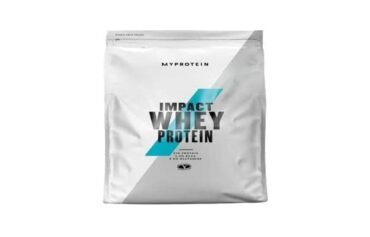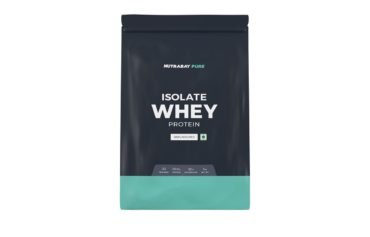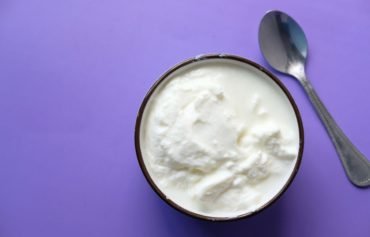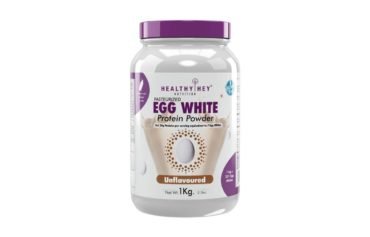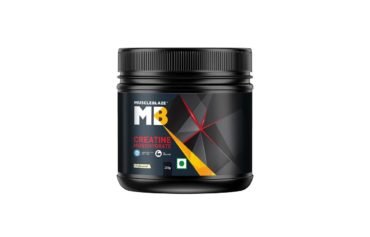A bulking diet plan is a nutritional strategy aimed at increasing muscle mass through the consumption of a calorie-surplus diet. The goal of a bulking diet is to create an environment in which the body can build muscle by consuming more energy than it burns, which is achieved by consuming more calories than you burn through daily activity and exercise. This is often done in conjunction with weightlifting and other resistance training exercises.

When designing a bulking diet, it’s important to focus on nutrient-dense foods that will provide the body with the necessary building blocks for muscle growth. This includes foods high in protein, carbohydrates, and healthy fats.
Macronutrients for Muscle Growth
Protein is the most important macronutrient for muscle growth, as it’s the primary building block of muscle tissue. It’s essential to consume enough protein to support muscle recovery and growth. Good sources of protein include lean meats such as chicken, turkey, and fish, as well as plant-based options like beans, lentils, and tofu. Aim for at least 1 gram of protein per pound of body weight per day.
Carbohydrates are also an important macronutrient for a bulking diet, as they provide the body with the energy needed for intense weightlifting sessions. Good sources of carbohydrates include whole grains, fruits, vegetables, and legumes. Aim for at least 2-3 grams of carbohydrates per pound of body weight per day.
In addition to protein and carbohydrates, it’s important to consume healthy fats as part of a bulking diet. Healthy fats, such as those found in nuts, seeds, avocado, and olive oil, are important for hormone production, energy, and overall health. Aim for at least 0.5 grams of fat per pound of body weight per day.
Sample Meal Plan For A Bulking Diet
Here’s an example of a daily meal plan for a 180-pound male looking to bulk:
- Breakfast: 4 eggs, 2 slices of whole grain toast, 1 avocado
- Snack: Greek yogurt and berries
- Lunch: Grilled chicken breast, 1 cup of quinoa, 1 cup of roasted vegetables
- Snack: Protein shake with whey protein powder, 1 cup of fruit
- Dinner: Grass-fed beef, 1 cup of brown rice, 1 cup of steamed broccoli
- Snack: Cottage cheese and nuts
It’s important to remember that the above meal plan is just an example and should be adjusted based on your individual calorie needs. A good way to calculate your daily calorie needs is by using the Harris-Benedict equation: BMR = 88.362 + (13.397 x weight in kg) + (4.799 x height in cm) – (5.677 x age in years)
This equation estimates the number of calories you burn in a day based on your weight, height, and age, and is often used to estimate calorie needs for weight gain. Once you’ve calculated your BMR, you can adjust it to account for your activity level.
Consistency and Timing
Keep in mind, while following a calorie surplus diet, you have to be consistent with your workout and have to have a proper workout plan in place. Additionally, keep track of your body weight and measurements, so you can make adjustments to your diet as needed to reach your goals.
It’s also important to remember that while a calorie-surplus diet is necessary for muscle growth, it can also lead to fat gain if not done carefully. It is important to monitor your progress and make adjustments as necessary to ensure you are gaining muscle while minimizing fat gain.
In conclusion, a bulking diet is a necessary component of muscle building and should be carefully planned and executed. To design an effective bulking diet, focus on consuming nutrient-dense foods that are high in protein, carbohydrates, and healthy fats. It is also important to calculate your daily calorie needs and make adjustments to your diet based on your progress.
One of the most important things to keep in mind when following a bulking diet is consistency. Consistency in your diet, workouts and sleep is crucial for muscle building. Consuming the right amount of macronutrients every day is key to reaching your muscle building goals.
In addition to consistency, it’s also important to pay attention to the timing of your meals. Eating the right macronutrients at the right time can help maximize muscle growth. A good practice is to consume a high protein meal, within 30 minutes post workout, as this is the time when muscles are most receptive to nutrient uptake. This is commonly known as the “anabolic window”
Variety and Hydration
It’s also important to vary your food sources. Eating the same foods every day can get boring, and can also lead to nutrient deficiencies. Mixing up your food sources ensures you’re getting a wide range of micronutrients which are important for overall health and muscle building.
Lastly, it is important to stay hydrated, drinking adequate amount of water is crucial for overall health and for muscle building. It helps to regulate body temperature, flush out toxins, aid in digestion and helps transport nutrients to the muscles.
Conclusion
In conclusion, a bulking diet is a great way to increase muscle mass, but it should be done in a controlled and calculated manner. By focusing on nutrient-dense foods, consistency, timing, variety, and staying hydrated, you can reach your muscle building goals while maintaining overall health.
This post is written with the help of extensive research and understanding of the science behind muscle growth and nutrition.
